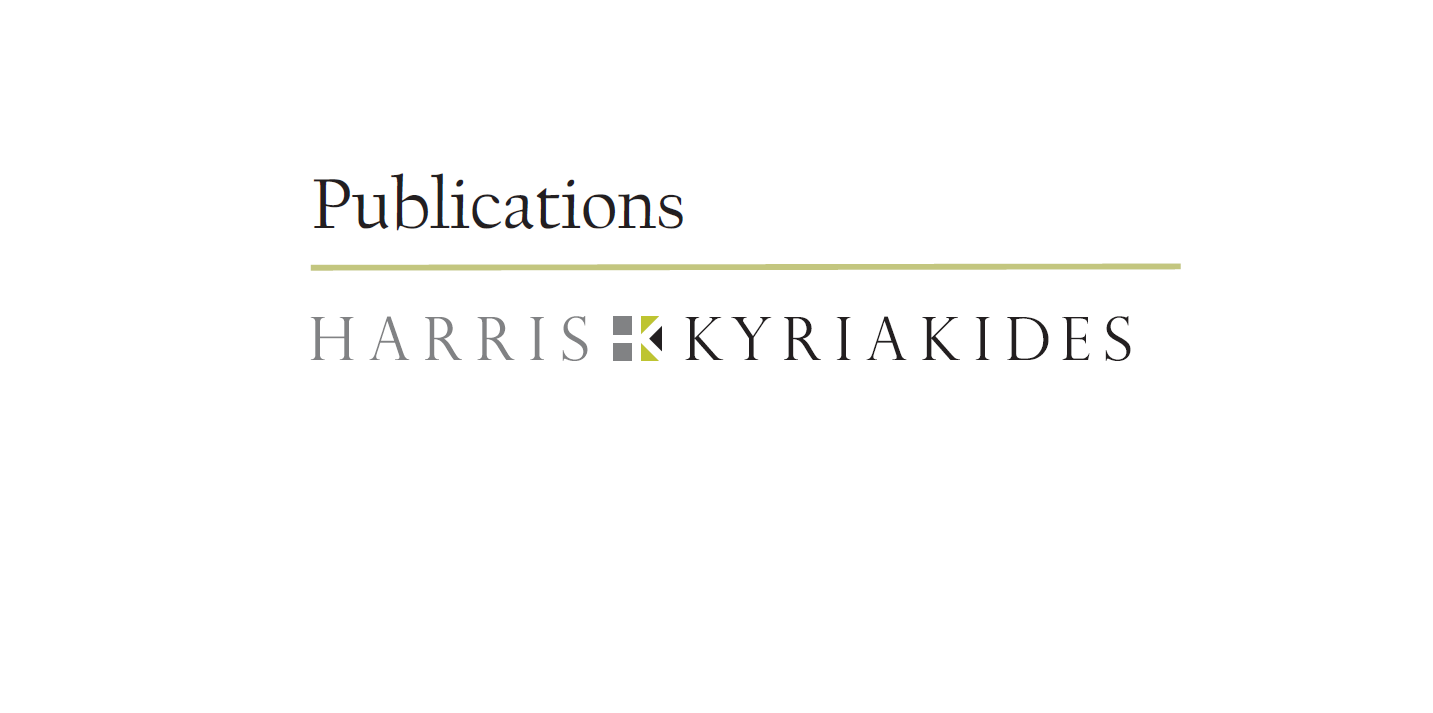
In November 2014, the Cyprus Commission for the Protection of Competition (CPC), in association with the Cyprus Chamber of Commerce and Industry, held a conference in Nicosia, focusing on competition challenges during periods of financial crisis. This occasion provided useful insights as to the ongoing work and the overall policies and priorities of the CPC, in the light of the recent financial developments which affected many aspects of Cyprus economy. A general remark is that since the 2008 financial crisis and the promulgation of financial recovery plans in most affected EU states, compliance with competition rules have become even more important in order to safeguard the core principles which this regulatory framework is mandated to serve, namely the consumer welfare. The central axis of competition principles is the idea of a competitive market and the various policies aim to serve public welfare through the creation of a healthy competitive market, in which businesses will compete equally with each other. The rationale beyond this idea is that equal competition amongst businesses will trigger the invention of more efficient and innovative services and products and thus the consumer will be provided with the highest quality market products, in more competitive prices.
Healthy competition leads to innovation, advanced technology, social development and public welfare. The European Union fosters and promotes competition culture, in alignment to the free market theory which it pursues to achieve within the European area. The legal reforms on competition legislation, which were introduced by the Cypriot Parliament in the last decade, aimed to bring major and lasting changes regarding the regulatory framework of competition and empower CPC to take all necessary action where this was justified. These included the enactment of a new law, the Law on the Protection of Competition of 2008 (N. 13(I)/2008) and recent amendments on the law on Control of Concentrations between Undertaking. The strict economic measures that were imposed in 2013 to the Cypriot government by Troika, in an effort to alleviate the Cyprus economy, affected in depth the Cyprus business environment. Theoretically, in an effort to save costs and become (or remain) profitable, businesses may be more inclined to enter into mergers and acquisition deals and this may lead to less competition or other phenomena, such as “crisis cartels” between enterprises.
Moreover, the plans for the recovery of economy have resulted in increasing state intervention within the banking sector. In general, there are potential market conditions which could lead to the absence of competition in the market and, hence, the role of CPC is critical in identifying areas where such examples are brought to bear. The enforcement actions of the CPC are based on two pillars, namely consulting and restraining actions. The CPC has wide powers to launch investigations and decide on cases concerning alleged infringements of competition laws, to impose administrative fines, to deliver opinions, to issue guidelines to public bodies relative to their competences and powers.
In the course of 2013, the CPC examined 13 cases of antitrust behavior, out of which 11 cases leaded to findings of unlawful conduct. But alongside the process of investigations that could lead to the imposition of fines for infringements on competition, the CPC is also promoting a leniency programme, which is based on a legislative framework of rules (EU Regulation 463/2011 and corresponding national legislation) that allow for the possibility of settlement on the basis of certain terms of immunity or reduction of fines. The programme can be utilised if the enterprise contributes to the investigation of infringements. In this scenario, the enterprise collaborates with the CPC and agrees to undertake commitments and comply with the Law. If an enterprise reveals its participation in an alleged cartel and provides to the CPC sufficient so as to enable the CPC to launch investigations and substantiate infringements of the Law, the assisting entity can be granted immunity from the imposition of any penalty, provided that the said entity adequately, constantly and actively cooperates with the CPC.
The CPC is positively oriented to the implementation of leniency programs, as they contribute to less resources been utilised and acceleration of investigation processes. The advantages of this process for an enterprise are obvious: the leniency program offers the option of settling a case quickly and provides the capability of applying for immunity or reduction of sanctions. This option is conducive to the creation of a competition culture within the market that will ultimately lead to public welfare.
For more information, please contact us at This email address is being protected from spambots. You need JavaScript enabled to view it.
Back to Publications & Commentaries



